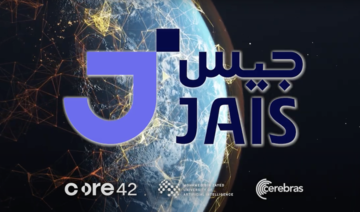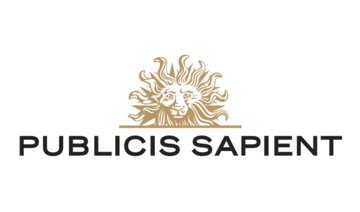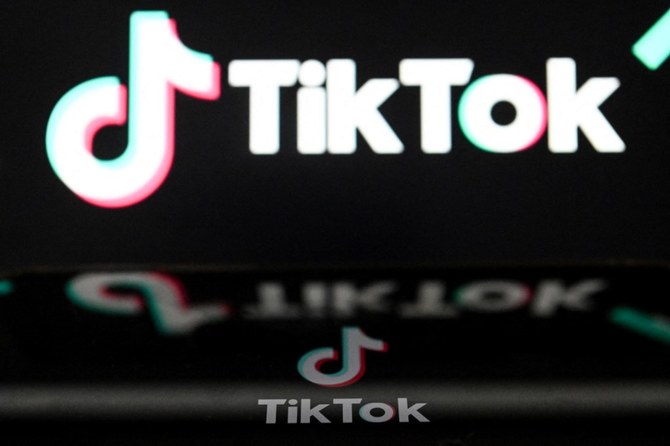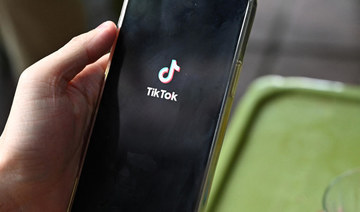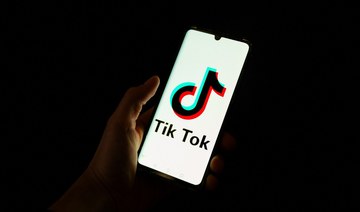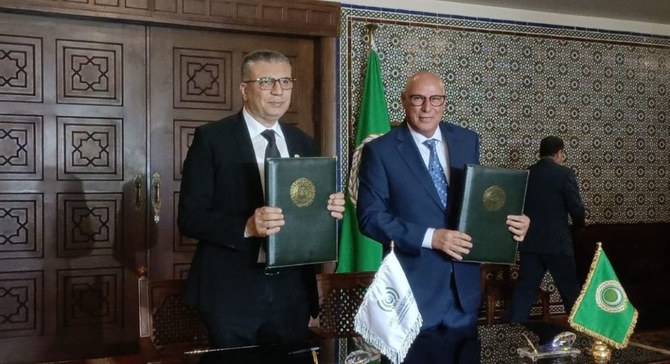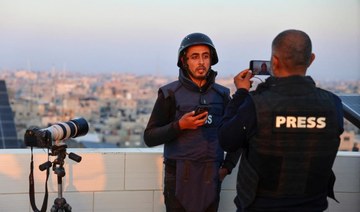DUBAI: There has recently been a flurry of activity in the social media industry with acquisitions, rebrands and new launches — with much debate on who will eventually emerge the victor or at least the dominant force in the market.
Most notable among this activity was Tesla CEO Elon Musk’s tumultuous takeover of Twitter in October 2022, followed by the platform’s rebrand to X this year.
Meta dropped its brand-new social platform, Threads, built by the Instagram team, bearing a marked resemblance to X in the same month as the rebrand.
It is not just the platforms that are battling it out; the tech titans are too with Musk inviting Meta CEO Mark Zuckerberg to a mixed-martial arts bout, which now seems unlikely to take place.
I’m up for a cage match if he is lol
— Elon Musk (@elonmusk) June 21, 2023
Meanwhile, other platforms including Snapchat and Instagram are maintaining their edge with new offerings — such as integrating social commerce — to win advertisers, while TikTok, the youngest kid on the block, continues to surge in popularity and revenue.
“Brands are constantly adapting to the evolving nature of customer behavior, and the recent movements by X and Meta are examples of how the platforms are constantly looking to create new ways to capture and retain a higher share of people’s time, attention, and demand,” Pedro Goncalves, head of digital media at PHD, told Arab News.
The constant changes in the social media space come as advertising budgets recover from pandemic levels, making it ever more important for companies to invest their ad dollars wisely.
Many advertisers left the platform soon after Musk’s takeover with 50 of the top 100 advertisers announcing they would stop advertising on X, according to a report by media watchdog Media Matters.
These advertisers accounted for nearly $2 billion in spending on the platform since 2020, and over $750 million in advertising in 2022 alone.
In July, Musk admitted that Twitter revenue was down 50 percent.
We’re still negative cash flow, due to ~50% drop in advertising revenue plus heavy debt load. Need to reach positive cash flow before we have the luxury of anything else.
— Elon Musk (@elonmusk) July 15, 2023
It seems clear that Meta’s family of apps is leading the way when it comes to advertising revenue, while TikTok is also a popular choice.
“TikTok and Meta are certainly getting the lion’s share of the spend as platforms,” said Mazher Abidi, head of strategy and insights at advertising firm Saatchi & Saatchi.
The others are not too far behind with Snapchat, for example, being an outlier in Saudi Arabia.
It is important to note that its proposition differs from other social media platforms making it a bit niche, and although Snapchat does not boast the same scale as the TikTok and Meta apps, it “does still have a place in the heart of audiences in our region, certainly in Saudi Arabia,” Abidi told Arab News.
PHD’s Goncalves said: “We observe a natural tendency and well-established role for each one, with Meta currently ahead in direct response KPIs (key performance indicators); X and Snapchat quite balanced in terms of engagement and traffic, and TikTok increasingly delivering more in terms of ad recall and attention.”
Meta remains one of the largest platforms for advertisers, according to Aneesa Rashid, social and influencer lead at media agency UM MENAT, because its apps Facebook and Instagram “combined provide cost efficiencies, mass reach and strong lower funnel capabilities.”
TikTok and Snapchat, on the other hand, “play a bigger part in producing authentic and unique content experiences, fueled by creators, whilst also diving in further to the social commerce space,” she said.
The former “has emerged as a major player in the social media landscape, surprisingly not just with younger audiences, (but) as momentum grows amongst older demographics,” and the latter has been a “key pioneer platform in the region, especially in markets such as Saudi Arabia and Egypt,” Rashid added.
While X seems to be trailing behind in terms of advertising revenue, Abidi said: “If you take a step back and look at the direction of travel of advertising on X, it has been going down for a while.”
The reasons range from geopolitical concerns to polarizing content on the platform, but “brands have been finding alternatives for a while, shifting spends to other established competitors, such as the Meta platforms, and even TikTok,” he added.
X did not rank in consumers’ or advertisers’ top five platforms for ads, according to the latest Media Reactions report by analytics firm Kantar.
Moreover, among marketers, its receptivity was in the negative with more marketers claiming they will decrease spend on X in 2024 than increase it, the study found.
Despite headlines about X’s declining revenues, the Middle East is seeing a different story playing out.
“In the Middle East, we did initially witness a reduction of ad spends on the platform as a precautionary measure,” said Rashid.
However, “X’s recent launch of performance driven products including mobile and website conversions ads, has helped optimize campaign performance, and since we’ve seen brand interest shift back,” she added.
She also predicts that the company’s developments “will see advertisers coming back to the platform in anticipation as they plan for 2024 social strategies.”
Abidi echoed the sentiment, saying: “I think X has quite a unique position in our part of the world particularly in Saudi Arabia, where it has been an outlier in terms of popularity; Saudis use and love Twitter with more passion and use it more actively than most other markets around the world.”
Musk’s rebrand of Twitter seemed sudden as many users woke up to see the iconic Twitter bird being lifted with a crane and gradually being replaced by X.
However, contrary to public perception, the rebrand could well be a calculated move, part of Musk’s ambition to turn X into an “everything app,” points out Abidi.
“It’s surprising to most, but I think the real interesting story starts now,” he said.
Twitter was acquired by X Corp both to ensure freedom of speech and as an accelerant for X, the everything app. This is not simply a company renaming itself, but doing the same thing.
The Twitter name made sense when it was just 140 character messages going back and forth – like…
— Elon Musk (@elonmusk) July 25, 2023
Rashid and Abidi remain optimistic about Musk’s long-term goals as more ‘super apps’ or ‘everything apps’ crop up.
X plans to “expand beyond just social media networking to include banking, shopping and most recently a feature for video and audio calls without the need for a phone number, effectively building a global address book, so this may just be the beginning of an impressive comeback,” said Rashid.
WeChat in China or Careem in the Middle East are good examples of apps that integrate various services into one app. The “user behavior and audience receptiveness” already exist in the region, and “if some of those X features do come our way, I believe we’ll find quite a receptive audience,” said Abidi.
“The idea of a global super app is certainly ambitious, but if anybody has got the ambition and ability to pull that off, Elon Musk is one of the few,” he added.



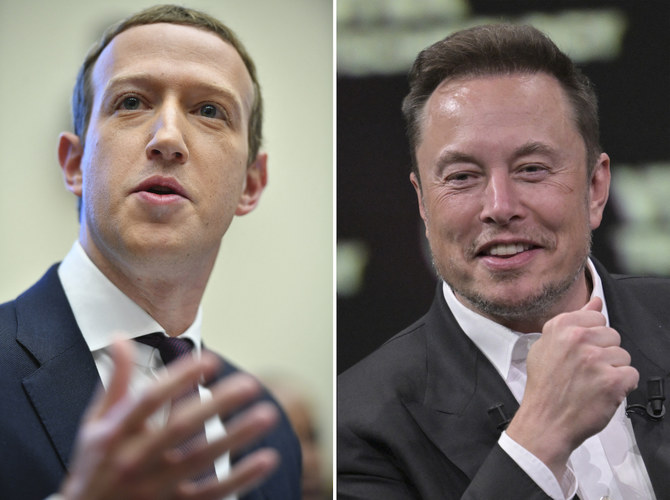

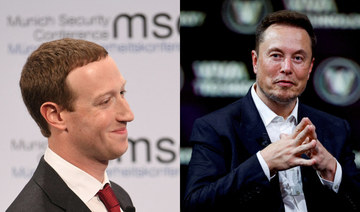
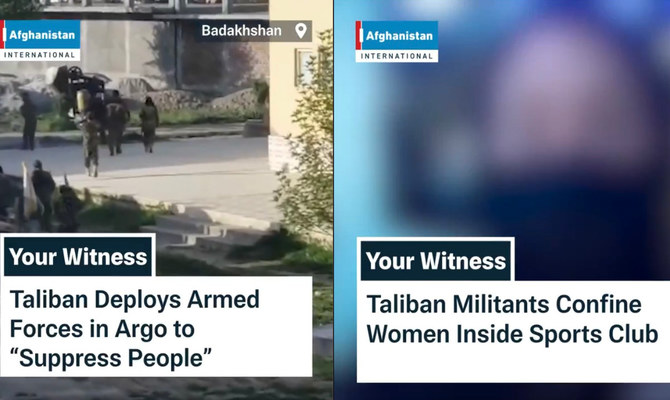
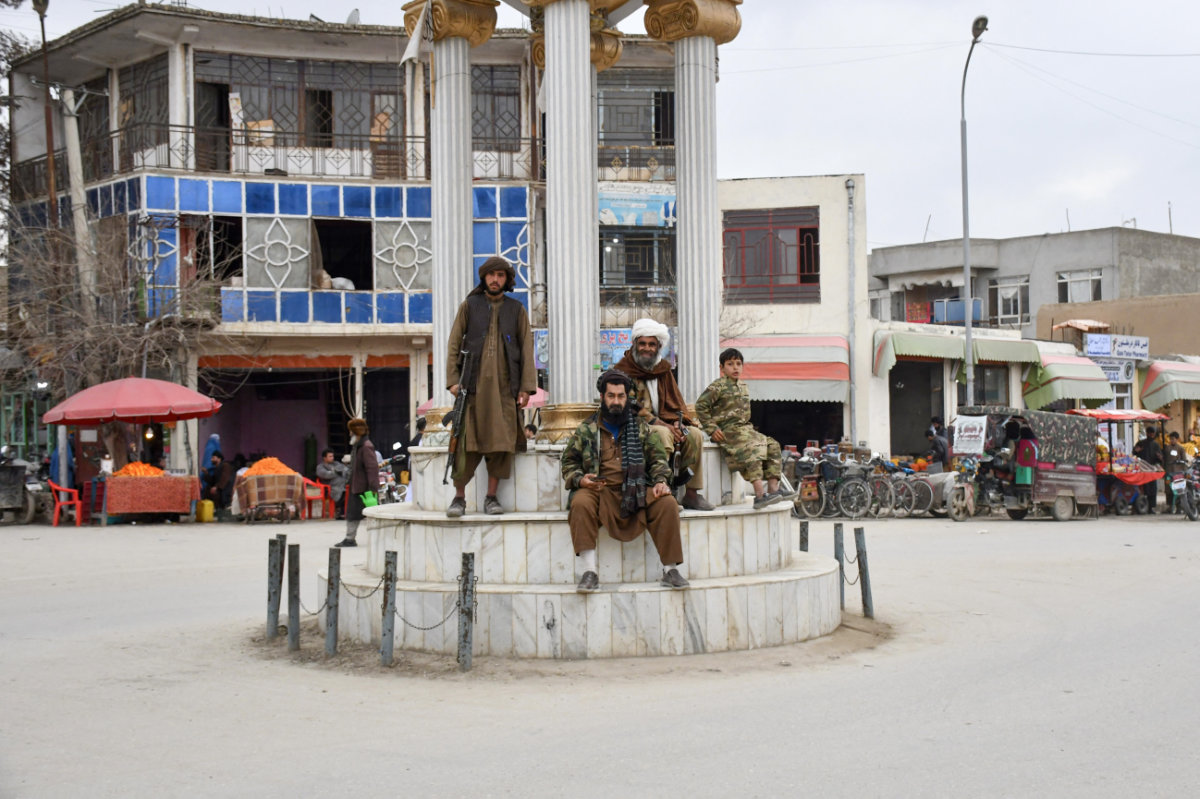
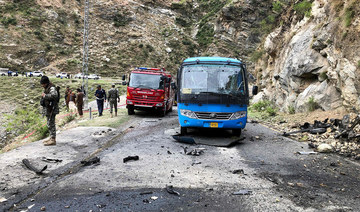
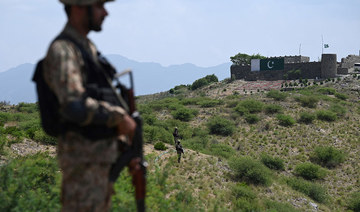
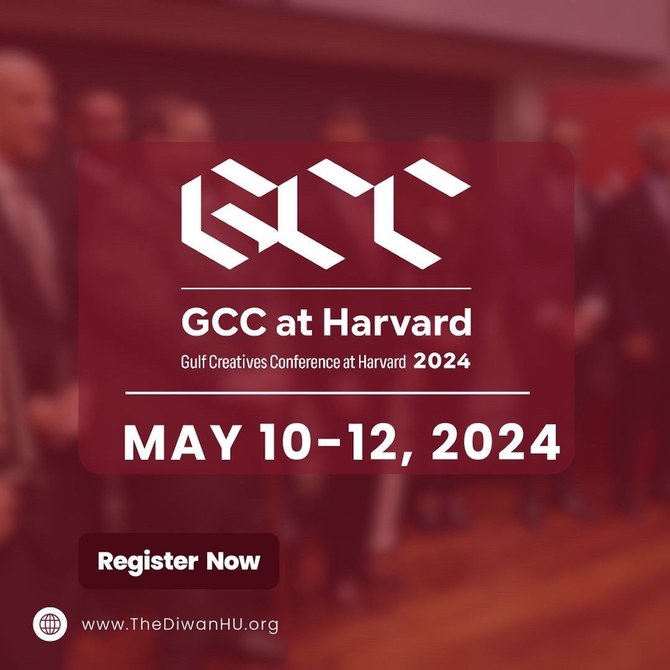

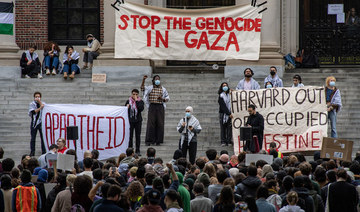
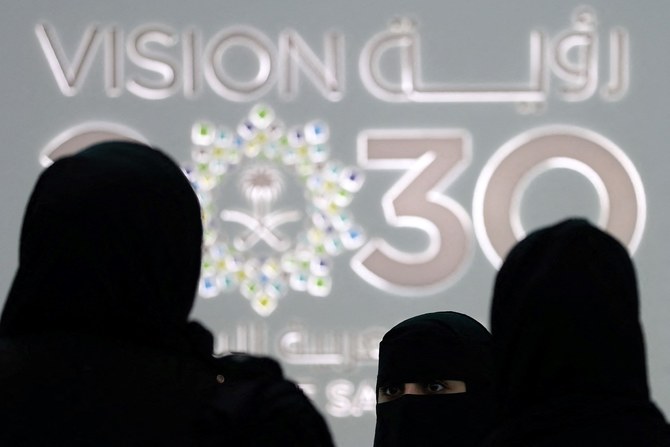
 Staffing the new office is a “critical aspect of our expansion strategy” and the company is currently focusing on making “strategic hires,” including a new local senior management team, with the objective of ensuring “we have the right talent in place to meet the dynamic needs of our clients, driving our success not only in Riyadh, but across Saudi as a whole,” Leach said.
Staffing the new office is a “critical aspect of our expansion strategy” and the company is currently focusing on making “strategic hires,” including a new local senior management team, with the objective of ensuring “we have the right talent in place to meet the dynamic needs of our clients, driving our success not only in Riyadh, but across Saudi as a whole,” Leach said.